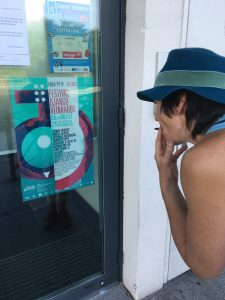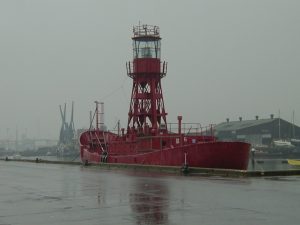I haven’t written much recently. I’ve been teaching. And I’m not sure there’s anything much to say about it.
I do three kinds: teaching English as a Foreign Language; supply teaching in the rural area I live in and sometimes I teach on film sets. That started the year off busily but it’s tailed off to nothing for the same reason as education in general – people like to talk about how important it is, but they treat it as the afterthought it so often is. On filmsets it’s the law – if you’re under sixteen you have to have a set number of hours of education per day, the same way children on a film have to be chaperoned. There’s no way around it and everybody in the business knows it – without chaperones and teachers you can get your film shut by the local council if they’ve a mind to do it, and all your crew and backers are not going to be pleased with you. Which doesn’t explain why the biggest UK website specifically for chaperones carries so many ads for tomorrow, or next week, apart from the obvious reason: nobody bothered about it until the last minute and now they just realised it’s the law.
And sadly, the same goes for supply teaching. Sometimes it’s a pleasure. Sometimes. But most often it’s exactly what it is – day time childcare that’s only necessary because a regular, salaried teacher couldn’t face going in to school again. Or in the case of a school here, because the County Council cut the education budget because the government cut thier budget and the school is short of three full-time staff. They aren’t going to be hired – there’s no money for that. But there’s also a brainless culture in schools that shows no sign of going away. For kids who can see that nobody much cares about thier education – and don’t try to pretend that anybody who voted Conservative does, the party returned again and again and again here in the fields – the conclusion is obvious for many: it doesn’t matter.
Like a lot of teachers, I come away from a day’s supply teaching sad. Sad that there aren’t any books. Sad that it comes as a surprise to a sixteen year old that a pen or pencil might be something you could usefully have with you. Sad that capital letters and full stops are something that has to be taught to kids who thirty years ago would have been out in the world. But that would be no good – the kind of job you can walk into without knowing how to write a short note to someone have long gone and the unemployment figures aren’t going to fiddle themselves, so every one of those kids is staying in some kind of school until they’re eighteeen, like it or not. And for those that don’t, the ones who never got the memo about those jobs are going boys, and they ain’t coming back, it’s still a waste of everyone’s time.
Or this evening I think maybe they did get the memo. And just couldn’t read it.








